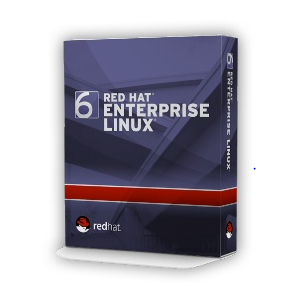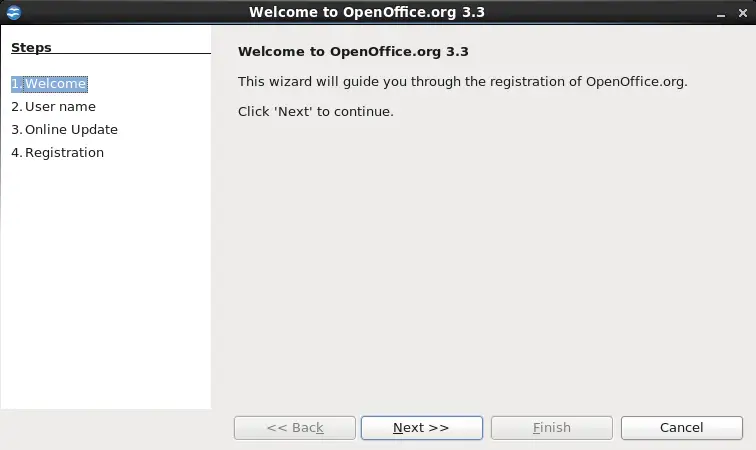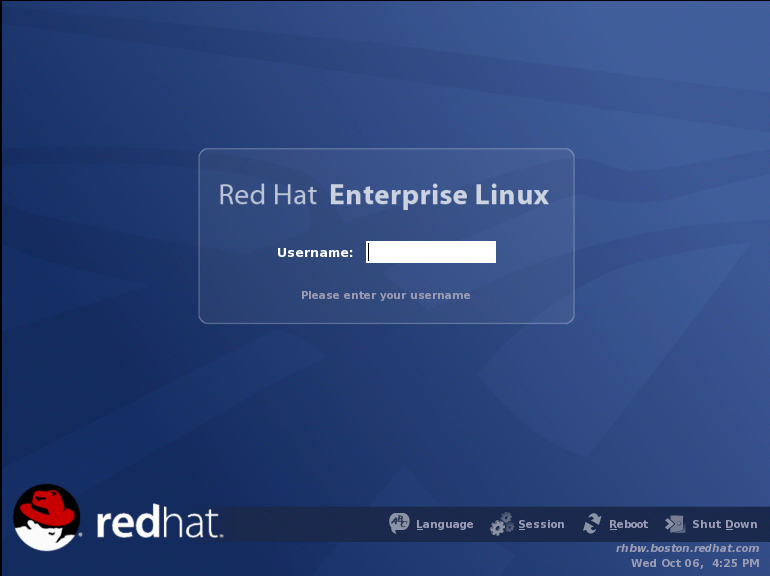Red Hat Enterprise Linux is the world’s leading enterprise Linux platform, now optimized for development.
With new developer-centric features like container tools, advanced language support, and application streams, Red Hat Enterprise Linux 8 (RHEL) is the most developer friendly Linux ever. Red Hat Developer members have full access to RHEL 8 software, documentation, and how-tos.
If you're familiar with Red Hat Enterprise Linux, then this is the place to get started.
Get started on RHEL 8
Red Hat Enterprise Linux 8 introduces new features that accelerate your application development including installation, coding, tool selection and setup. It includes dozens of runtime languages, compilers, databases, and web and cache servers.
Johny Hughes from CentOS community announced the public availability of CentOS 7.1 Linux for the 32bit/x86/i686 architecture: “We would like to announce the general availability of CentOS Linux 7 for the 32-bit x86 (i386) architecture. This is the first major release of the 32 bit x86 by the AltArch Special Interest Group. In this guide, you will learn how to download RHEL 8 (Red Hat Enterprise Linux) for free, install it on your PC and later on enable free annual subscriptions. Download RHEL 8 ISO for Free. To download the RHEL 8 ISO image at no cost at all, head over the Red Hat developer program and create an account. Fill in all the required details. As you download and use CentOS Linux, the CentOS Project invites you to be a part of the community as a contributor.There are many ways to contribute to the project, from documentation, QA, and testing to coding changes for SIGs, providing mirroring or hosting, and helping other users. ISOs are also available via Torrent. How to verify your iso.
This free download is the standalone DVD ISO image of RHEL 8.1 for 32-bit and 64-bit architecture. Red Hat Enterprise Linux 8.1 Overview Among many Linux releases, if you are running a small business or enterprise. RHEL is the best environment for you with all the necessary features and options not provided by other releases of Linux.
Start with these commands below for your first time through.
For the impatient, use this yum syntax to install an Application Stream @modulename[:version]
Most recent version:
Or, install a specific version:
Use this if you want to see a list of what’s available:
For container development, RHEL 8 adds new Linux container tools: Buildah (container building), Podman (running containers) and Skopeo (sharing/finding containers). You can easily build images based on the many Application Streams.
For a quick reference to new RHEL 8 commands, download the Red Hat Enterprise Linux 8 Cheat Sheet for tips.
The most developer-friendly Linux ever.
Easy configuration for Windows users and Linux beginners.
RHEL 8 provides enhanced usability, as well as familiar, intuitive deployment and management features
Faster times to “Hello World” and real productivity.
Application Streams make a wide selection of open source tools, including languages, runtimes, databases, and web servers, ready to be installed with a single command. Through Application Streams, you can pick the version of tools you need for your project and easily switch if necessary.
Container development tools.
Expanded set of container development tools. RHEL 8 provides an easier transition to containerized workloads with new container tools such as Buildah, Podman, Skopeo, and CRI-O.
Convenience across RHEL versions and OpenShift.
Most open source programming languages, compilers, web tools, databases run on RHEL 7 and RHEL 8 and OpenShift.
How to know if your code is secure.
Red Hat Enterprise Linux a trusted platform for your business, and RHEL 8 continues to build on this tradition. Features like System Wide Encryption Policy, Nftables/firewalld, and Red Hat Insights mean less effort and time spent managing and configuring services, without compromising security needs.
Develop for containers with podman
Red Hat’s lightweight, open standards-based container toolkit is now fully supported and included with Red Hat Enterprise Linux 8. Built with enterprise IT security needs in mind, Buildah (container building), Podman (running containers), and Skopeo (sharing/finding containers) help developers find, run, build, and share containerized applications more quickly and efficiently, thanks to the distributed and daemonless nature of the tools.
RHEL 8 development tools
Red Hat Enterprise Linux 8 includes Application Streams of multiple versions of languages, compilers, databases, and other tools available - all are part of the subscription. The following components are currently available within RHEL 8:
Languages & compilers
- .NET Core 2.1
- Clang/LLVM Toolset 6.0
- GCC 8.2 (system compiler)
- Go Toolset 1.11
- Java 8 and 11
- Node.js 10
- Perl 5.26 and 5.24
- PHP 7.2
- Python 3.6 and 2.7
- Ruby 2.5
- Rust Toolset 1.31
- Scala 2.10
Databases, web tools, etc.

- MariaDB 10.3
- MySQL 8.0
- PostgreSQL 10.5 and 9.6
- Redis 5.0
- Apache httpd 2.4
- Nginx 1.14
Rhel 6.2 32 Bit Iso Download

For a complete list of packages available in the Appstream repo, type
Introducing CodeReady Builder
The RHEL 8 introduces a new repository, the CodeReady Linux Builder (or “Builder” for short) that developers may need while developing applications for RHEL. As you all know “developer” is not a one size fits all term.
Installation
Documentation

Redhat 6.8 Iso Download
Redhat 6 32 Bit Iso Download
CentOS 7.1 (32bit/x86/i686) VM Image Available for VirtualBox and Vmware
UmairDownload Redhat 8 Iso
Johny Hughes from CentOS community announced the public availability of CentOS 7.1 Linux for the 32bit/x86/i686 architecture: “We would like to announce the general availability of CentOS Linux 7 for the 32-bit x86 (i386) architecture. This is the first major release of the 32 bit x86 by the AltArch Special Interest Group. This release is based on the Source Code from the CentOS 7 (1503) x86_64 architecture and includes all current updates from the main CentOS 7 tree.” You can see mailing list announcement here.
There is known issue that the gnome desktop will not exit or log out from the menu. You can shutdown using terminal (sudo poweroff)
We are providing you virtual images for latest version of CentOS 7.1 32bit/x86/i686 for VirtualBox and VMware.
Rhel 5.9 32 Bit Iso Download
You can download VDI and VMDK images for VirtualBox & VMware from here.
